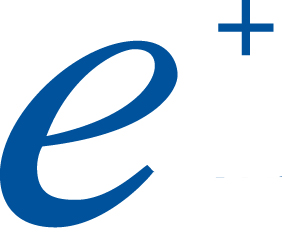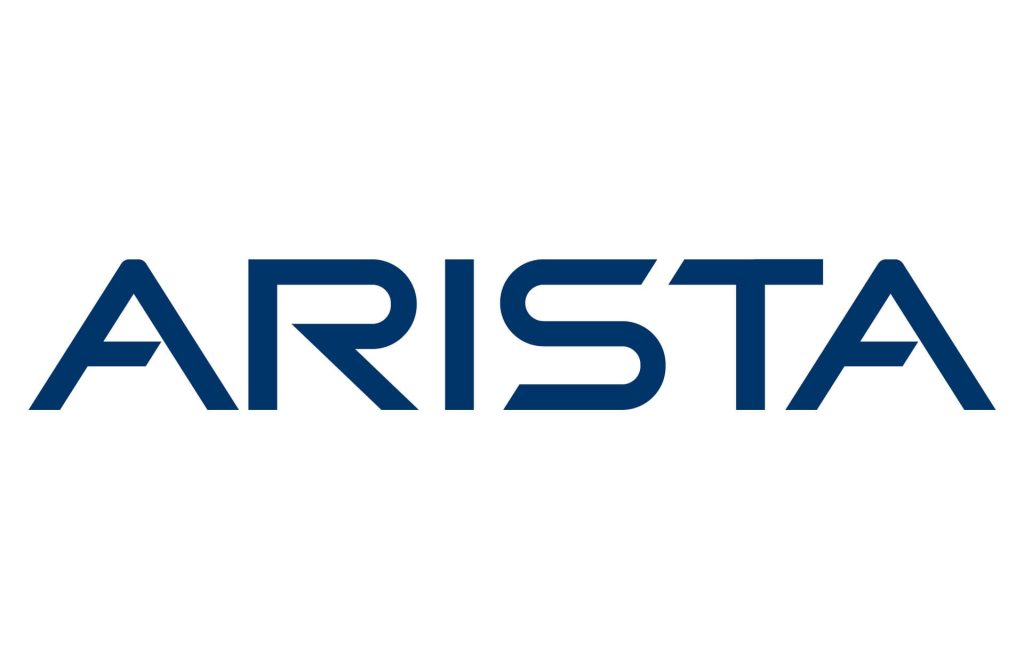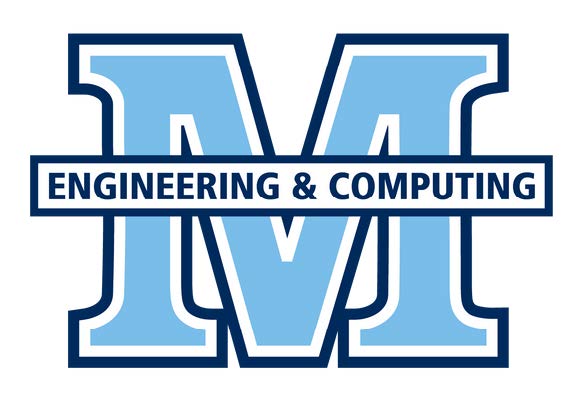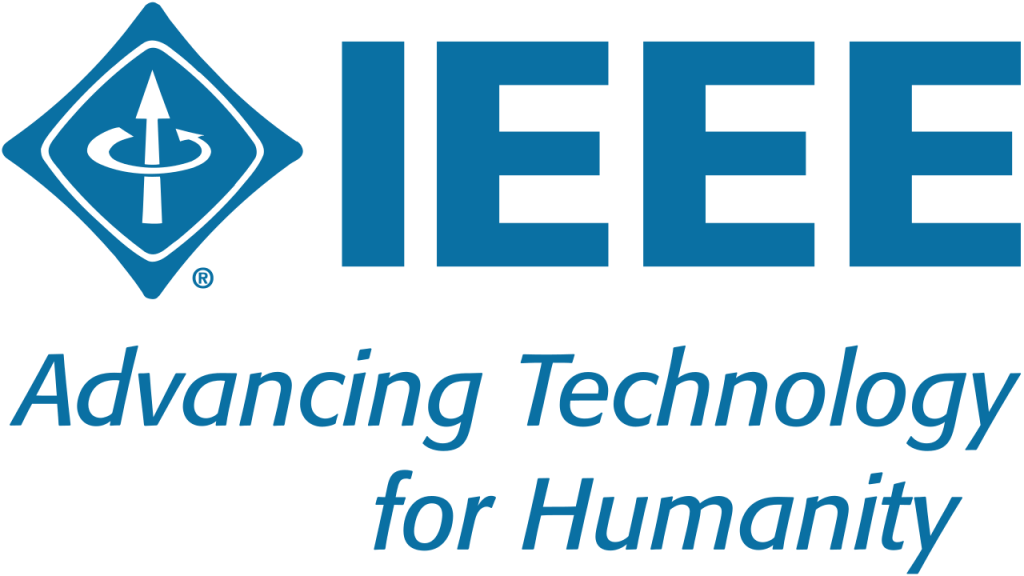2nd Annual
Maine AI Conference
Friday, June 13, 2025 • Orono, Maine
Democratizing AI for Maine
Artificial Intelligence, broadly defined, has unleashed the potential for impact on every aspect of our lives, mainly due to advancements in computing speed and software development.
The Maine AI Conference brings together industry, academia, and government experts to explore opportunities and challenges that can transform research, teaching, and business processes.
Agenda and Panels
8:30 a.m. – Check-In & Coffee Networking
9:15 a.m. – Opening Remarks by Dean Giovanna Guidoboni, Maine College of Engineering and Computing, University of Maine
9:30 a.m. – Panel 1- AI for Teaching & Creativity
10:30 a.m.- Break/Poster Session
11:00 a.m. – Panel 2- AI Data Quality
12:00 Noon- Lunch/Poster Session
1:00 p.m.- Panel 3 – AI Security & Alignment
2:00 p.m. – Panel 4- AI Regulations & Legal Risks
3:00 p.m.- Closing Remarks with Dr. Andy Crawley, Associate Professor of Economics, University of Maine
AI for Teaching & Creativity
9:30 a.m. Hutchins Concert Hall, Collins Center for the Arts
Educators and creators are on the front lines of AI’s impact, and their experience navigating this transformed landscape offer lessons for fields yet to be disrupted by generative AI. This panel tackles burning questions from today’s classrooms, such as whether AI detectors have a role and how curricula can adapt to the ChatGPT era. On the creative front, we’ll ask whether tools like Veo and Copilot are an existential threat to media-makers and coders. Will copyright law rescue artists and designers, and if not what will their role be in a post-AI economy? Don’t miss the final minutes of this panel, when the audience will choose topics for the “unconference” discussions throughout the day (see Networking Opportunities).
Networking Opportunities
Along with panels of AI experts, the 2025 Maine AI Conference features an “unconference” whose topics will be determined democratically by those in attendance. During the first panel, attenders will suggest keywords for discussion and vote on their favorites. The organizers will then designate tables in an adjoining space that participants can join during the conference’s frequent breaks. This will give everyone the chance to discuss pressing issues and meet other participants who share their interests.
Panelists

Moderator:
Peter Schilling
Executive Director, Innovation in Teaching and Learning
University of Maine
Peter focuses on the application of current pedagogical theories and information technologies in college instruction. He helps UMaine embrace new collaboration tools, data sets, digital fabrication, and genAI as they change higher education.

Eryk Salvaggio
A blend of hacker, researcher, designer and artist. He is a researcher on AI pedagogies at the metaLab (at) Harvard University and an artist in residence at the Max-Planck Institute at the Bibliotheca Hertziana in Rome.

Moderator: Jon Ippolito
AI focus is creators—writers, programmers, and media makers—and how the technical, aesthetic, and legal ramifications of generative AI empower and frustrate them.

Greg Nelson
Dr. Greg Nelson facilitates the YESS lab at UM CS, empowering people to learn and reflect together, including assessment and instructional design for critical and ethical use of generative AI. See this recent example: https://arxiv.org/abs/2505.18771
AI Data Quality
11:00 a.m. Hutchins Concert Hall, Collins Center for the Arts
The AI Data Quality panel explores the role of generative AI and its data quality in different domains from the perspectives of engineers, historians, and artists. You will see how engineers use large language tools to enhance power-grid simulations against real-world data; how artists lead community workshops to reshape digital heirlooms and rethink the rules of memory; and how historians experiment with OCR-driven workflows to breathe new life into archival texts, even as they uncover the misreads and trade-offs that call for careful stewardship of every generated result. By viewing the role of AI-generated data in different domains, we will bring insight into the effectiveness of these models and future trends to improve their quality.
Panelists

Moderator:
Behrooz Mansouri
Assistant Professor of Computer Science at the University of Southern Maine. His primary research interests include Information Retrieval and Natural Language Processing.

Shengen Chen
Senior Power System Engineer at RLC Engineering. His NERC MOD studies use AI to optimize renewable performance, halving errors with field data. At Maine AI Conference 2025, he’ll discuss data quality for AI in power systems.

Samuel Backer
Assistant Professor of History at the University of Maine, where he researches American cultural history, the history of capitalism, and the computational humanities.

Janna Ahrndt
Creates work utilizing creative coding, video, textiles, and altered household electronics. As a product of a working-class family in Northern Indiana, their work follows themes of labor, the internet, politics, and gender.
AI Security & Alignment Panel
1:00 p.m. Hutchins Concert Hall, Collins Center for the Arts
Panel Description: AI is advancing at lightning speed, but with great power comes great responsibility. As these systems grow more sophisticated, the stakes get higher—whether it’s a chatbot spreading misinformation, a deepfake bypassing security protocols, or a powerful model making decisions that impact real lives. That’s where AI Security and Alignment step in. Security is the digital armor that defends against adversarial attacks, data poisoning, and model manipulation. Alignment, on the other hand, attempts to ensure these systems remain grounded in human values and societal goals, rather than going rogue or reinforcing harmful biases. At the AI Security and Alignment panel, expect cutting-edge insights, lively debates, and innovative strategies to future-proof AI for a world that’s only just waking up to its potential. Don’t just watch the AI revolution—help secure and align it for good.
Panelists

Moderator:
Julia Upton
Associate Professor of Mathematics, Ph.D. (Quantum Computation), Certified AI Expert, AI Developer, and AI Red Teaming Professional (AIRTP+)

Kris Carlson
Publisher, SuperIntelligence – Robotics – Safety & Alignment

Prabuddah Chakraborty
Prabuddha Chakraborty is an Assistant Professor at the University of Maine. He received his Ph.D. from the University of Florida. He is a recipient of the IEEE TTTC’s E. J. McCluskey Best Doctoral Thesis Award (2022).
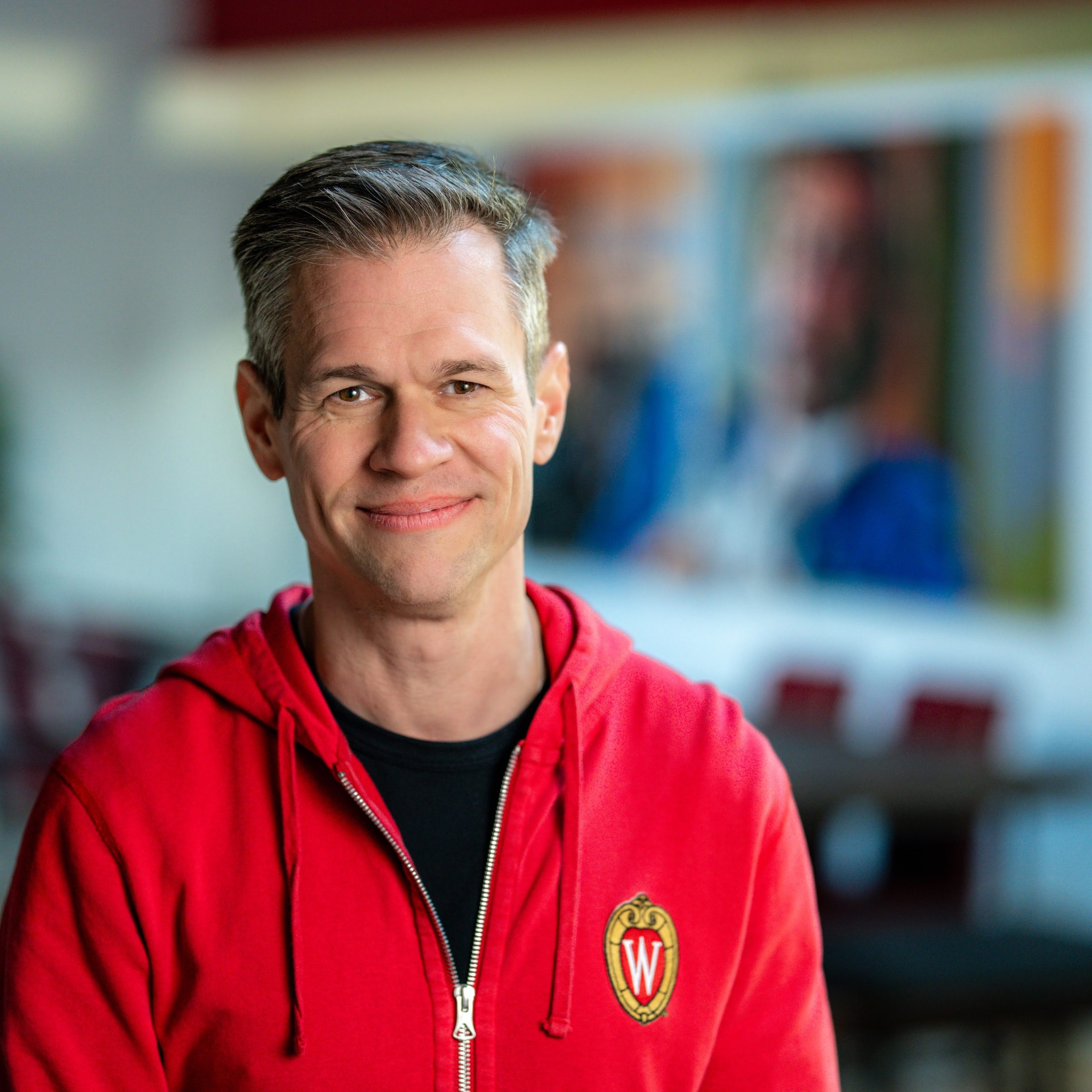
John Sherman
John Sherman is the Director of Public Engagement at the Center for AI Safety and host of For Humanity: An AI Risk Podcast. John lead CAIS’s national efforts to bring AI safety into the public conversation.

Adam Swanda
Adam Swanda is an AI Security Researcher at Cisco where he applies his background in cyber threat intelligence and security operations to defense strategies and red teaming within the AI domain.
AI Regulations & Legal Risks
2:00 p.m. Hutchins Concert Hall, Collins Center for the Arts
In this session, we will discuss the ethical challenges posed by AI systems, as well as the government regulations and laws designed to address them. The aim of the session is to explore key topics such as bias in AI, data privacy, data regulations, and the development of reliable and responsible AI systems.
Panelists

Moderator:
Umesh Hodeghatta
Associate Professor of Applied Machine Intelligence and Analytics
The Roux Institute at Northeastern University

Justin Cary
Justin Cary represents private and public entities and Tribal Nations in all manner of employment and labor, technology regulation and management, and decisions involving Artificial Intelligence.

Daniel Matz
Daniel Matz works in the Maine Governor’s Office. His work includes supporting Maine’s AI Task Force, spurring workforce and economic innovation, and tracking/implementing federal infrastructure funding. He holds degrees from Colgate and UT Austin.
Organizing Committee
Ali Abedi, UMaine AI Initiative
John Burns, UMaine Strategic Partnerships and Innovation (SPIRE)
Matthew Dube, University of Maine at Augusta
Anne Heberger Marino, UMaine Portland Gateway
Umesh Hodeghatta, The Roux Institute at Northeastern University
Jon Ippolitto, University of Maine
Rebecca Kennedy, University of Maine Research
Reihaneh Maarefdoust, University of Maine AI Research Associate
Behrooz Mansouri, University of Southern Maine
Ashanti Maxworth, University of Southern Maine
Erin Miller, UMaine Research
Mindy Pelletier, UMaine AI
Peter Schilling, University of Maine
Julia Upton, Husson University
Pips Veazey, UMaine Portland Gateway
Taylor Ward, University of Maine
Subscribe to UMaine AI for updates and event announcements
Hosted by the University of Maine and the University of Southern Maine with support from the University of Maine Portland Gateway.



